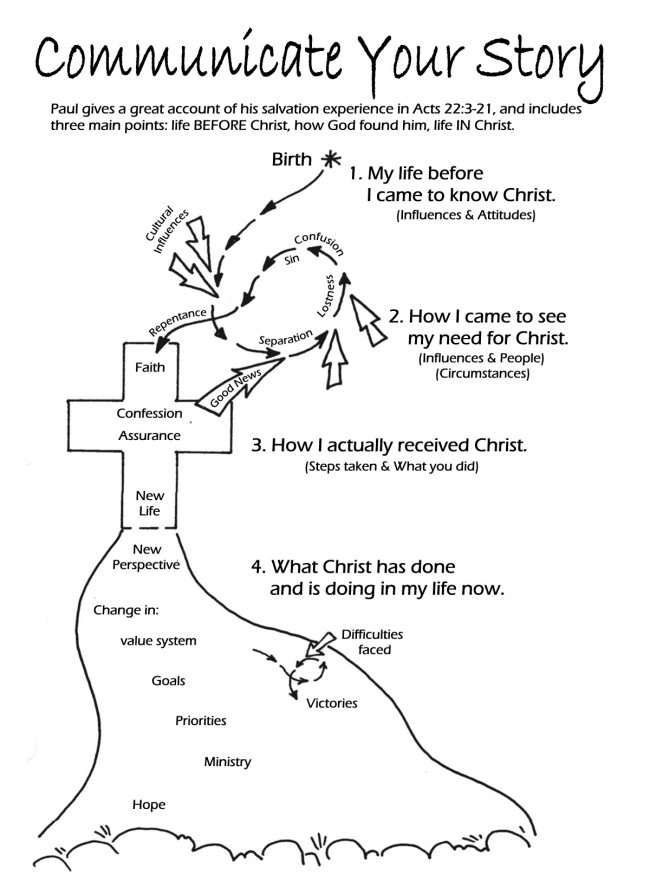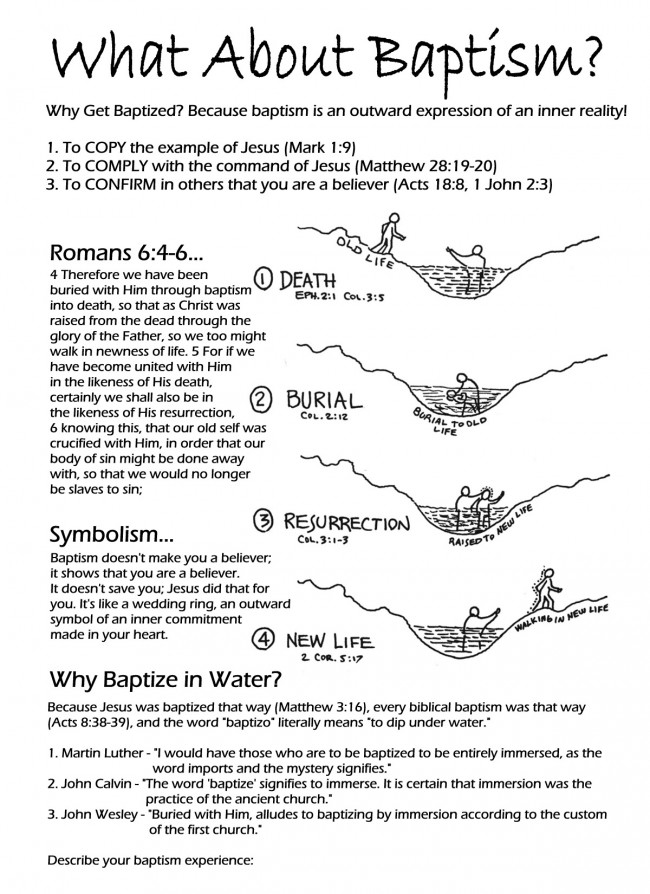Here is another saying of Jesus that makes you do a double-take, “did he really just call her and her people dogs?”
To get started, in all the talk about Christian unity, what are things that still separate us?
- Different beliefs or practices.
- Worship style (regular, charismatic, liturgy, reading, silent).
- Usually we are a gathering of cliques, each devoted to its own members, race, style.
Remind yourself of the mission of the church.
- We are to continue the mission of Christ and spread his story.
- His last command should be our first concern (Matthew 28:19-20).
- He assumed his followers would be going… “as you are going,” make disciples. In the context of everyday life, how can we be involved in making disciples?
Did Jesus really just say that?
- None of us can imagine the amount of racial bias inside of ourselves: through ignorance, personal upbringing, experiences.
- Who were THOSE people in this story?
- They withdrew from Tyre and Sidon (two non-Jewish cities) which were symbols of OT paganism and godlessness (northwest Philistia).
- They were specifically condemned by Isaiah, Jeremiah, and Ezekiel: these were poster children for God’s anger and righteous judgment.
- So, what is the typical Jewish opinion of non-Jews? Gentiles were synonymous with pagan and heathen, compared to God’s holy nation (Exodus 19:6). Even the Psalmist cursed the other nations (Ps 9, 59, 137).
- How did the disciples feel about being in this region?
- This woman represented the contempt the Jews felt about other people. The disciples clearly knew their national history.
- She knew all this as well, which tells us something about this woman who was willing to approach Jesus.
- She knew something about how to approach God (since she was familiar with Judaism): she used a very Jewish title for Jesus (Son of David).
- She not only had knowledge, but she had passion: she cried out in a loud voice. Implication is that she did it for a long time.
- She also was in desperate need: approaching the Jews with all their turned-up noses.
- She believed that Jesus could help: employing the classic attributes to secure a response from God, humility and faith.
- How did Jesus respond to her?
- First he ignored her, which suited the disciples just fine.
- They were uncomfortable not only because of the wailing, but she was a Gentile, unclean, a pagan.
- They urged Jesus to just send her away, “I came for the house of Israel.”
- She would not take “no” for an answer. “I can’t take the children’s bread and give it to the dogs.” Take the goodness reserved for the chosen people and give it to someone like you.
- What is it about dogs? They were not the pets we have today, but scavengers, filthy, and dangerous. It was a dramatic insult to her.
- “Even the dogs eat the crumbs from the master’s table.” I know you’re right, but take pity on a dog like me.
- Jesus liked her answer. What did her words reveal about her faith?
The key to understanding this event may lie in the story prior to this one: Jesus facing off with the Pharisees (Matthew 15:1-20).
- They criticized Jesus ministry, these disciples didn’t even wash their hands right.
- They knew nothing about purity, but Jesus defends them, their omission had nothing to do with real purity. Real purity is internal, not external.
- They got angry and walked away, and then Jesus explained further to his disciples, which they didn’t get. Purity is from the HEART. Not where you live or your ethnic background.
- On the heels of this conversation about purity, they withdraw to Tyre and Sidon.
- Now Jesus is able to flesh this teaching out with the disciples, to show them about purity in a real-life sort of way.
- What better place to teach about purity than in the most unclean place imaginable?
- How do you define purity?
- How do you differentiate between inner and outer purity?
- What is the most unclean place you know?
- This woman taught them about what being clean was all about.
In such a dirty place Jesus found something clean. What could be clean about her willingness to be called a dog? Her desperation. It is in desperation that people can see their need most clearly.
- She wasn’t thinking about how foolish she looked.
- She was not thinking about the judgmental glances.
- She had the purity of desperation, something the Pharisees and his own disciples lacked.
Jesus commends her faith! When we express our need for God, we say something about HIM.
- Are we conscious of our need?
- Are you comfortable talking to God about your needs, or are you fairly self-sufficient?
In keeping with a theme of the gospel going to the dogs, how about this: Don’t give what is holy to dogs and don’t cast pearls before swine… (Matthew 7:6)?
“Do not cast your pearls before swine” is a portion of the Sermon on the Mount, and to understand its meaning, we have to understand its context and placement within the sermon.
- Christ had just finished instructing the crowd on judgment and reproof: “Do not judge, or you too will be judged. For in the same way you judge others, you will be judged, and with the measure you use, it will be measured to you” (Matthew 7:1-2), and “You hypocrite, first take the plank out of your own eye, and then you will see clearly to remove the speck from your brother’s eye” (Matthew 7:5).
- Then in verse 6, Christ tempers these admonitions and shows us the difference between “judgment” and “discernment.”
The analogy of the dogs:
- The analogy actually comes from Proverbs: “As a dog returns to its vomit, so a fool repeats his folly” (Proverbs 26:11).
- Swine are also described in this way, as illustrated by Peter: “Of them [false prophets and teachers] the proverbs are true: ‘A dog returns to its vomit,’ and, ‘A sow that is washed goes back to her wallowing in the mud’” (2 Peter 2:22).
- The dogs and swine here are representative of those who would ridicule, reject, and blaspheme the gospel once it has been given to them.
- We are not to put forth the gospel of Jesus Christ in the direction of someone who has no other purpose than to trample it and return to his own evil ways. We identify such people through discernment, which is given in some measure to all Christians (1 Corinthians 2:15-16).
This does not mean we refrain from preaching the gospel. Jesus Himself ate with and taught sinners and tax collectors (Matthew 9:10).
- In essence, the instruction in Matthew 7:6 is the same that Jesus gave to His apostles when He said, “If anyone will not welcome you or listen to your words, shake the dust off your feet when you leave that home or town” (Matthew 10:14).
- We are not to judge others, because we are guilty of the same things they are, but reserving judgment does not prevent us from discerning those who would accept, or at least respect, the gospel from those who would ridicule, mock, and trample it, and then turn on us and abuse us.
- Balancing judgment with discernment is the wisdom of serpents Jesus refers to in Matthew 10:16.

